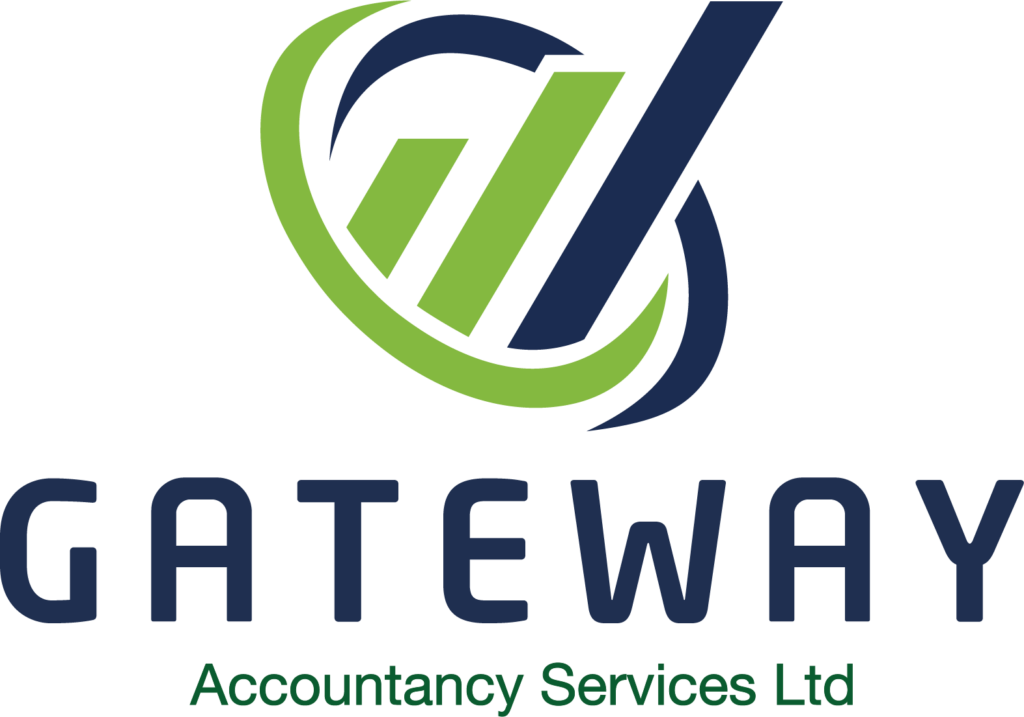
The unpaid invoices that a business has with its clients or customers for goods or services that have been provided is referred to as accounts receivable. Simply said, it’s money that is owed to a company but hasn’t yet been collected. Business-to-business (B2B) and business-to-customer (B2C) transactions frequently involve this.
Consider a scenario in which you offer a customer credit for your product in exchange for sending them an invoice. Your accounts receivable includes the sum that your client owes you as a result of that invoice. That invoice will be listed in the customer’s records as part of their payables.
Cash flow management: Keeping a healthy cash flow requires effective management of accounts receivable. To pay for operating costs, investments, and expansion plans, businesses need a steady flow of cash.
Risk management: Monitoring receivables enables early detection of probable payment delays or defaults. This enables the company to take preventative action to lower financial risks.
Relationship Building: Accounts receivable management should be timely and considerate in order to retain good client relations and confidence.
Financial Reporting: Producing accurate financial reports depends on precise accounts receivable accounting. Stakeholders, investors, and lenders use these reports to assess the company’s financial standing.
Decision Making: Insights gained from accounts receivable data can influence decisions related to credit policies, customer engagement strategies, and cash flow projections.
Collection Strategies: In the UK, businesses often have specific strategies for collecting overdue payments. This might entail follow-ups, reminders, or in extreme circumstances, even the involvement of debt collecting firms.
Clear Terms and Conditions: To prevent confusion later, include upfront, unambiguous payment terms and conditions in contracts or agreements.
Credit Policies: Establish exact credit policies that specify credit limits, payment deadlines, and penalties for late payments.
Prompt Invoicing: Issue accurate invoices promptly with all necessary details, including products/services, prices, and due dates.
Regular Follow-Up: Implement a systematic follow-up process for overdue payments, sending reminders as due dates approach and pass.
Payment Options: Offer multiple payment methods to make it easy for customers to pay on time, such as credit cards and online platforms.
Collections Strategy: Develop a clear collection strategy for seriously past-due payments that may include hiring collections firms.
Get in touch! Start your tax return today by contacting us via our online contact form below or give us a call on 01670 897407 or email [email protected] to speak to one of our friendly experts.
